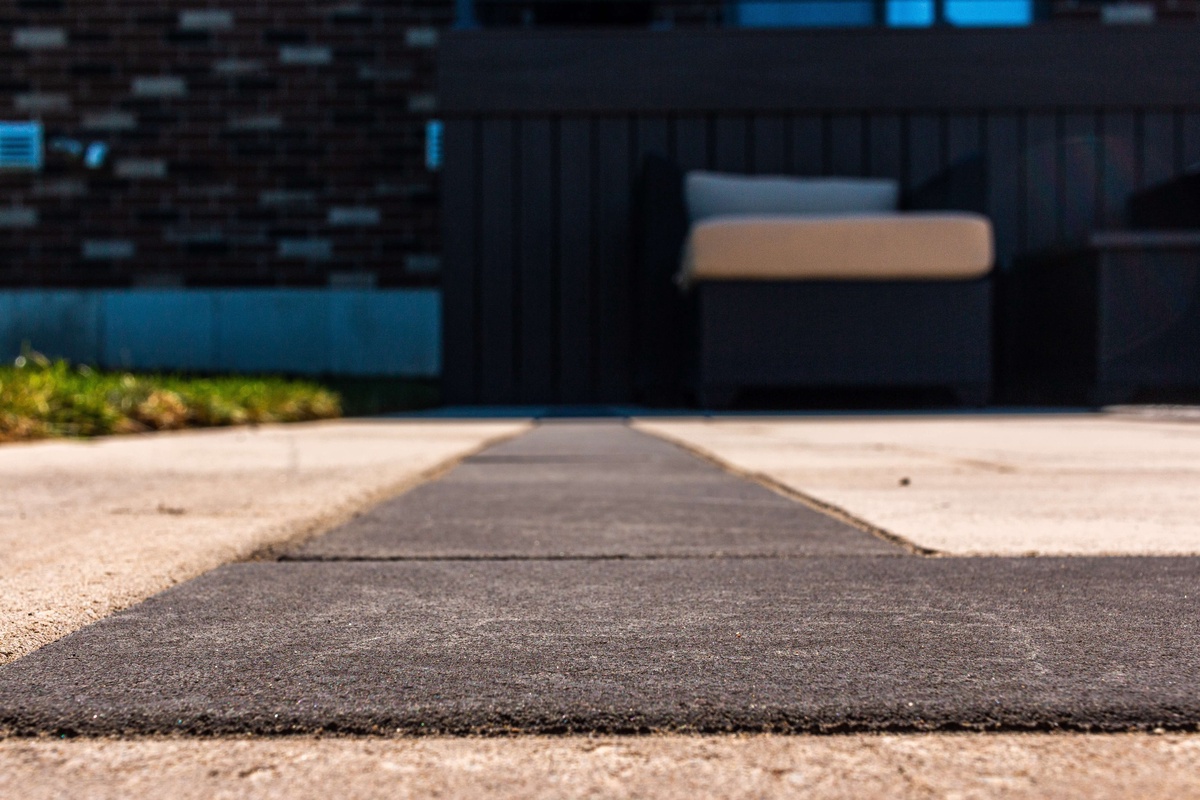The construction and paving industry has experienced a technological revolution in recent years, with the integration of drones proving to be a game-changer. Drones are now playing a pivotal role in surveying, planning, and monitoring paving projects, offering unparalleled advantages in terms of efficiency, accuracy, and cost-effectiveness. In this article, we will explore how drones are transforming the landscape of paving projects and discuss the benefits they bring. If you're considering incorporating innovative solutions like drones into your paving projects, keep reading to discover how they can streamline your operations and improve project outcomes.
Precise Surveying
One of the primary roles of drones in paving projects is to conduct precise and efficient surveys of the project site. Traditional land surveying methods can be time-consuming and may not provide the level of detail needed for accurate project planning. Drones equipped with high-resolution cameras and LiDAR technology can quickly capture detailed aerial images and topographical data.
The use of drones for surveying allows for:
- Rapid data collection, reducing surveying time by up to 50%.
- Accurate 3D mapping and modeling of the project area.
- Real-time data updates, enabling better decision-making throughout the project.
- Enhanced safety by reducing the need for manual surveying in hazardous terrain.
- By leveraging drone technology for surveying, paving project teams can start with a comprehensive and accurate understanding of the site, leading to more effective planning and resource allocation.
Efficient Project Planning
Once surveying is complete, drones continue to play a vital role in the planning phase of paving projects. With the detailed data collected during the survey, project managers and engineers can create precise and data-driven project plans. Drones can assist in:
- Generating digital terrain models (DTMs) and elevation maps for optimal grading and slope calculations.
- Identifying potential obstacles or challenges that may affect project progress.
- Creating 3D visualizations and simulations to assess the impact of different design options.
- Efficient project planning leads to reduced costs and timelines, as potential issues are identified and addressed early in the process. It also enhances collaboration among project stakeholders, as everyone can access and analyze the same accurate data.
Continuous Monitoring and Progress Tracking
Drones provide ongoing monitoring and progress-tracking capabilities throughout the lifespan of a paving project. They can be deployed to capture real-time data at various stages, helping project managers and stakeholders stay informed and make timely decisions. Key benefits of using drones for monitoring include:
- Regular aerial inspections for quality control and adherence to project specifications.
- Identification of potential issues such as material shortages, equipment malfunctions, or deviations from the project plan.
- Creation of comprehensive progress reports with visual evidence.
- Improved communication among project teams and stakeholders through shared data.
- By integrating drones into the monitoring process, paving projects can maintain high levels of quality control and efficiency, reducing the risk of costly delays or errors.
Enhanced Safety
Safety is a top priority in the construction and paving industry. Drones contribute significantly to improving safety on job sites. They can be used for:
- Pre-project safety assessments to identify potential hazards.
- Monitoring construction sites to ensure compliance with safety protocols.
- Conducting inspections of hard-to-reach or dangerous areas.
- Performing search and rescue operations in emergencies.
- By reducing the need for personnel to access hazardous locations manually, drones mitigate the risk of accidents and injuries, ultimately leading to a safer work environment.
Cost Savings
Implementing drone technology in paving projects can result in substantial cost savings. The efficiency and accuracy brought by drones contribute to reduced project costs through:
- Minimized labor expenses due to faster surveying and monitoring.
- Early detection of issues, preventing costly rework.
- Improved resource allocation based on real-time data.
- Fewer delays and project overruns.
- Paving projects that incorporate drones into their workflows benefit from improved cost control and a more competitive edge in the industry.
Conclusion
Drones have become indispensable tools in the construction and paving industry, transforming the way projects are surveyed, planned, and monitored. The advantages of using drones in paving projects are clear: increased precision, efficiency, safety, and cost savings. If you're looking to enhance your paving projects, consider the role that drones can play in improving surveying, planning, and monitoring.
To leverage the full potential of drone technology in paving projects, it's essential to partner with reputable providers of pavers products. Unilock, a leading company in the industry offers a wide range of pavers products, you can check their catalog by clicking this link: View Products. By choosing the best quality pavers, you can ensure that your paving projects are executed with the highest level of accuracy and efficiency, ultimately leading to better project outcomes and increased competitiveness in the market.


No comments yet